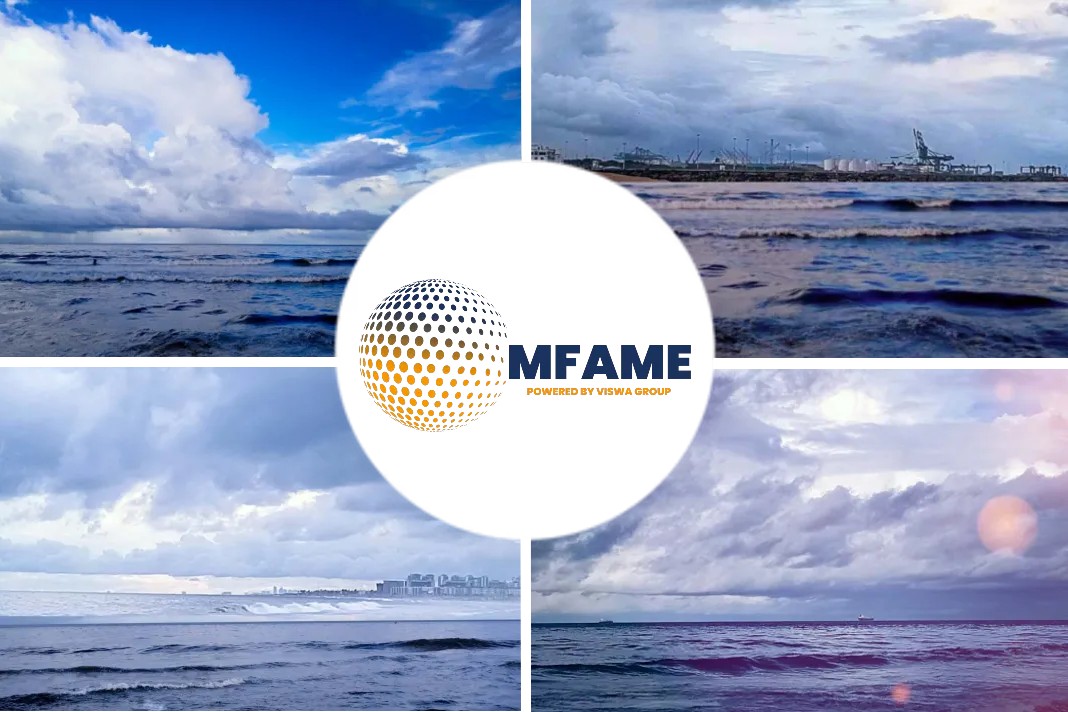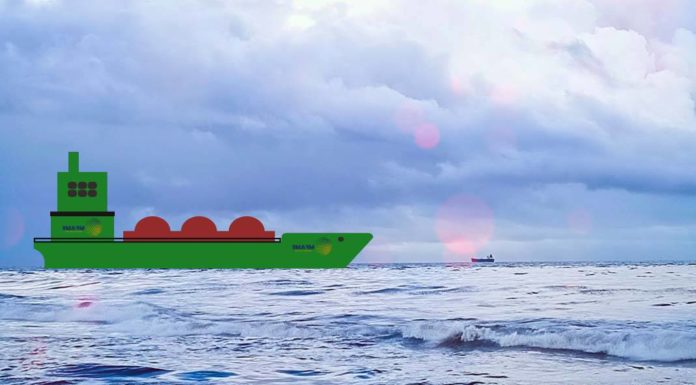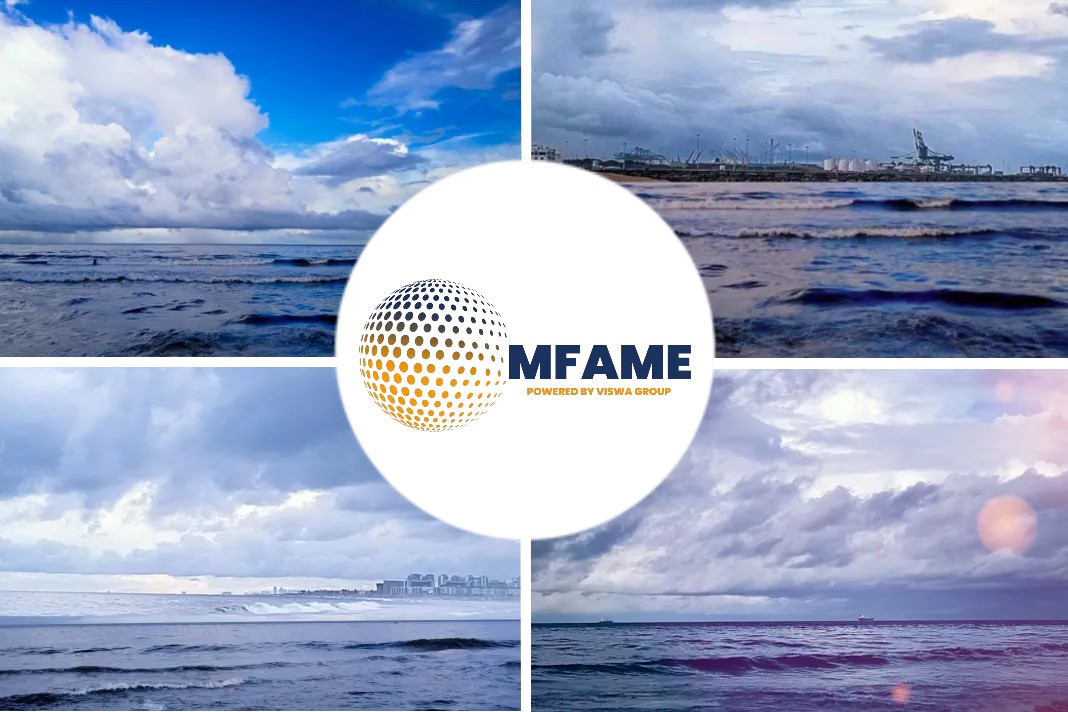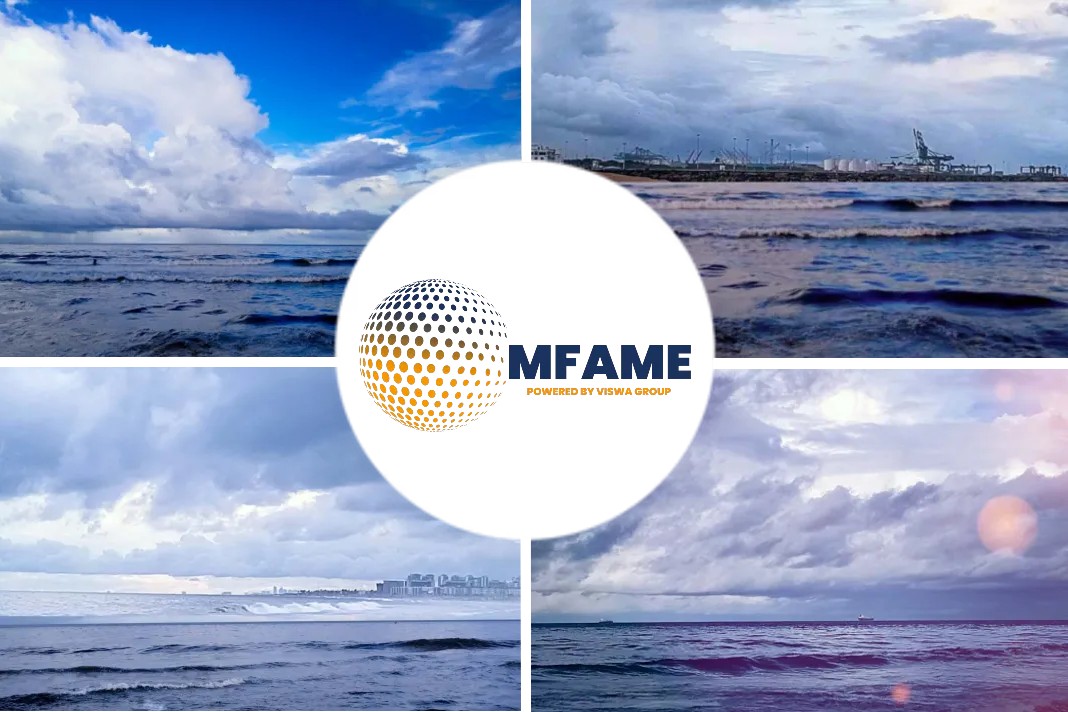- Large increase in Middle East refineries.
- Longer distances will decrease the tanker supply.
- Tighter lending market will keep the fleet size steady.
Scorpio Tankers is primed to take advantage of the tanker super cycle, reports Seeking Alpha.
With spreads between contract months for WTI crude oil contracting to near pre-corona levels, the next catalyst for tankers will be a super cycle spurred by a large increase in Middle East refineries, longer distances needed to be traveled by tankers, and a tightening lending market making it much more difficult for companies to receive financing for new ships.
Middle East Refineries
Briefly touched on during Scorpio’s Q1 earnings call, the large increase in Middle East refineries should create a demand surge for clean product tankers such as LR1 and LR2’s.
The additional refining power should be seen in the coming quarters as many of these projects are to be completed in late 2020 or early 2021. With this, clean oil consumption will begin to increase slowly due to the reopening of the US economy and other large clean-product consumers.
China has even mentioned that their oil consumption levels have almost reached pre-corona levels. US consumption levels should increase, but I have a hard time believing that we will return to pre-corona oil consumption in Q2 or Q3.
According to the EIA, they see a full rebound by Q4 2020 which should increase the demand for these product tankers. So, although contango spreads have severely decreased, the same supply-demand imbalance should keep clean tanker rates at elevated levels.
Below is a list of many of the projects being completed in the Middle East that should heavily increase the processing power of clean products.
- ENOC is currently undertaking a $1-billion expansion program to boost the refinery’s capacity by 50% to 210,000 b/d and meet Euro 5 emissions standards.
- Saudi Aramco’s biggest refinery in Saudi Arabia, the 550,000 b/d Ras Tanura facility, will carry out a partial shutdown in 2020 to help prepare for a clean fuels project due to be completed by 2021, a company executive said. Ras Tanura will carry out maintenance in March 2020 for around 35 days, Abdullah Bagar, operations manager at Ras Tanura told reporters. The clean fuels project will produce lower sulfur diesel with low benzene content.
- Satorp has awarded a contract to KBR to debottleneck Train 2 of its 440,000 b/d refinery in Jubail on Saudi Arabia’s Persian Gulf coast, KBR said. The debottlenecking project was expected to increase the refinery’s throughput by 15% once completed in August 2020. The project will be delivered “to support the upcoming major refinery turnaround in 2020”, KBR said. After the debottlenecking project, the refinery’s capacity will increase to 460,000 b/d.
- Saudi Aramco plans to complete a $2.5 billion clean fuels projects at its Ras Tanura refinery in the first quarter of 2021. Work on the clean fuels project at Ras Tanura, which started in 2018, is 62% complete. The clean fuels project will produce lower sulfur diesel with low benzene content.
- Iraq has added another 10,000 b/d of refining capacity after completing the rehabilitation of a CDU at the Kasik refinery in the north of the country, the oil ministry said. Rehabilitation work continues at the refinery’s other 10,000 b/d CDU.
- UAE-based Brooge Petroleum & Gas Investment Co. is on track to start up the first 24,000 b/d phase of its greenfield refinery in Fujairah by the end of the first quarter of 2020, its CEO said. The project is part of a larger 250,000 b/d refinery complex the company plans to build in the fast-growing storage hub of Fujairah.
- Angola’s state-owned oil company, Sonangol, is working with Iraq’s ministry of oil to build a complex refinery in Mosul. The discussions between Sonangol and the ministry are for a refinery with a capacity of 100,000-150,000 b/d of complex products.
By no means is this a comprehensive list, but it gives a glimpse into the heavily increased production from Middle East refineries.
Longer charter routes
With a shift to increased refining capacity in the Middle East, supply routes to the US will have increased charter durations as clean products are being shipped from further away.
This would not only increase the average duration of each shipment but cause more ships to be at sea instead of waiting for product. So, with a projected increased demand in clean product tankers, there will be a supply imbalance that should increase future spot rates.
This was seen in April and part of May for the LR1 and LR2s as overall tanker rates were decreasing but the clean product market remained strong as the demand to carry products such as gasoline, diesel, and jet fuel pushed spot rates to 10x their 2019 averages. These rates have since stabilized but they are still trading at double their 2019 rates.
Tighter Lending Market
In the tanker industry, a tighter lending market would mean that fewer future ships will be able to be financed resulting in a steadily declining fleet size as old ships head for the scrapyard. This is being seen now as it is a cheaper option to scrap a ship than fit it with a multi-million-dollar scrubber that would reduce the ship’s sulfur emissions.
Fortunately for Scorpio, they have a relatively young fleet and most of their ships have already been fitted with scrubbers, which will allow them to be chartered instead of spending weeks out of service waiting for a scrubber to be attached.
Most of the loans attained by tanker companies have been financed by “cheap loans for European commercial banks“. Many of these banks have pulled out of the shipping/tanker industry and low financing options for ships is difficult to come by.
According to Robert Bugbee, the CEO of Scorpio Tankers, said, “the cheap, high-leverage bank debt that second and third-tier owners relied upon is no longer there“. Banks have seen their lowest levels of shipping loan portfolios since 2007, signaling that loans are now much more difficult to come by. This tightening of loans should act as a catalyst for Scorpio as the fleet of tankers is decreasing while demand continues to increase.
Supercycle in the tanker industry
Although frequently talked about with Scorpio, a contraction towards their NAV is very possible with a new supercycle in the tanker industry.
A tight lending market decreasing future ship purchases, increased production in Middle East refineries, and subsequently, longer charter routes will all benefit clean product tankers and should see rates multiple times the 2019 average.
Did you subscribe to our daily newsletter?
It’s Free! Click here to Subscribe!
Source: Seeking Alpha























